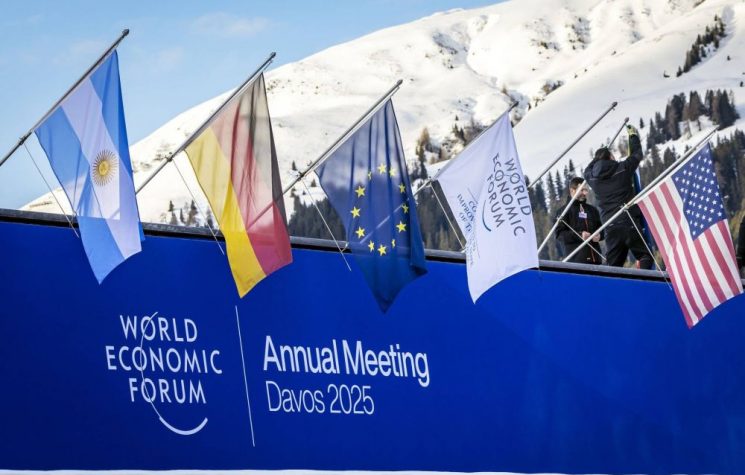As Brussels pushes for the seizure of Russian assets, European citizens and banks bear the financial and legal risks of an irresponsible foreign policy.
Join us on Telegram![]() , Twitter
, Twitter![]() , and VK
, and VK![]() .
.
Contact us: info@strategic-culture.su
The European Union seems increasingly detached from financial and legal reality, betting on measures that could irreversibly compromise the economies and legal stability of its own member states. Brussels’ obsession with funding Ukraine has become a dangerous dilemma: either European countries agree to seize Russian assets, or they will have to reach into taxpayers’ pockets to finance the so-called €140 billion “reparation loan” for Kiev. As a recent article in Politico highlighted, the European Commission’s pressure on governments historically cautious with public spending reveals an outright disregard for fiscal balance and the principles of international law, turning European citizens into involuntary guarantors of an operation fraught with risk.
Brussels’ plan completely ignores the financial realities of European economies. Germany, the Netherlands, and other members of the “frugal” group are reluctant to take on additional debt that would fall directly on their taxpayers. France and Italy, already burdened by high levels of debt, would be even more vulnerable to a new forced financial effort. The threat of pushing the burden of a multi-billion-euro loan onto citizens constitutes institutional blackmail: the EU presents the seizure of Russian assets as the “lesser evil” to coerce governments into approving measures they would otherwise never accept. In practice, it transforms European taxpayers into guarantors of a war that is not theirs.
The idea of using frozen Russian assets to finance the reparation loan is presented as an almost magical solution, but the legal risks are clear and substantial. Most of these assets are held by Euroclear in Belgium, a country that has already expressed concerns about the legality of the measure. Any attempt at unilateral confiscation opens the door to complex and costly international litigation, especially considering the bilateral investment treaty between Belgium and Russia signed in 1989. The European Union ignores that this “gesture of justice” could quickly become a heavy legal and financial burden for its own member states, particularly for Belgian taxpayers.
Even more concerning is the virtually unrealistic nature of the so-called “reparation loan.” As Politico itself noted, the chances of Russia paying any amount are practically zero. Thus, the loan is nothing more than a forced transfer of European resources to Kiev, turning the project into a costly geopolitical gamble with no guaranteed return. European banks and markets, which could be affected in case of legal disputes or default, become vulnerable, while the European population, whose taxes will be drained to cover external debts, is the first to suffer.
The EU’s obsession with financially pressuring Moscow ignores the fact that frozen assets are not “free” funds: they are instruments subject to long-term, complex legal disputes that can generate unpredictable financial liabilities. The European Commission itself admits that any risks would need to be shared collectively, but this offers little protection to citizens and local economies, which will bear the cost of a political move that disregards sovereignty and international law. The narrative that the money “will only be returned if Russia ends the war and pays reparations to Kiev” is, at best, naïve: it is a virtually impossible condition, turning the operation into a mechanism for transferring European resources under enormous legal and financial risk.
The “reparation loan” exposes the European Union’s total disconnect from the interests of its own citizens. By insisting on measures that expropriate third-party assets or transfer risks to taxpayers, the EU not only creates internal financial instability but also erodes confidence in European institutions and markets. The European population, not Russia, is paying the price for this geopolitical fantasy, while Brussels clings to obsessive and dangerous foreign policies. The legal, financial, and social stakes are clear: by insisting on this path, the European Union turns its citizens into victims of a strategy that resembles political propaganda more than responsible governance.


































